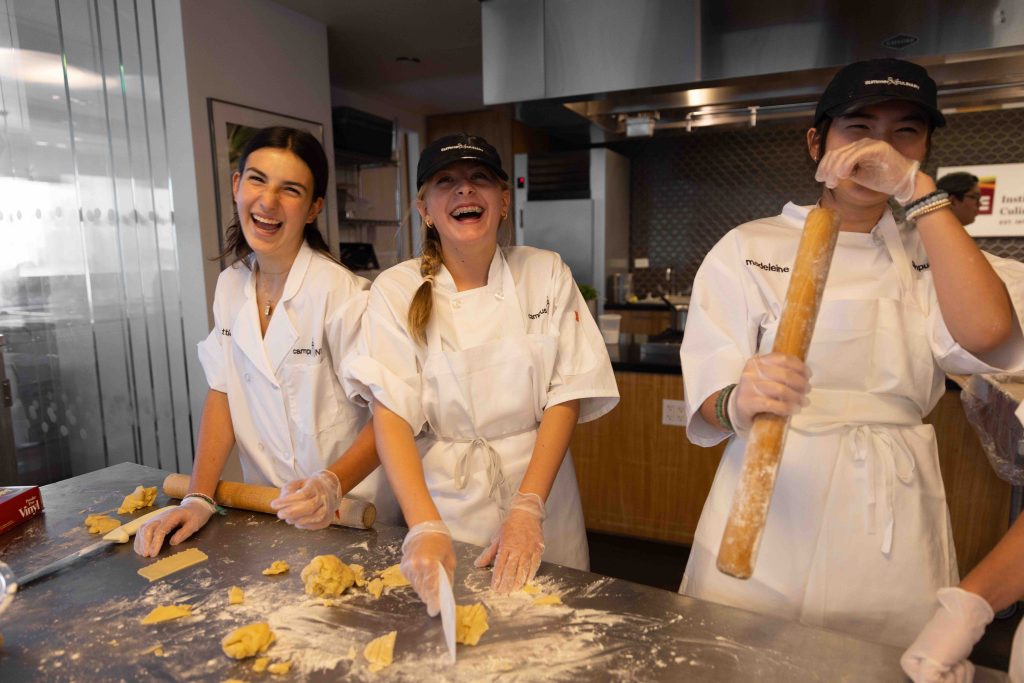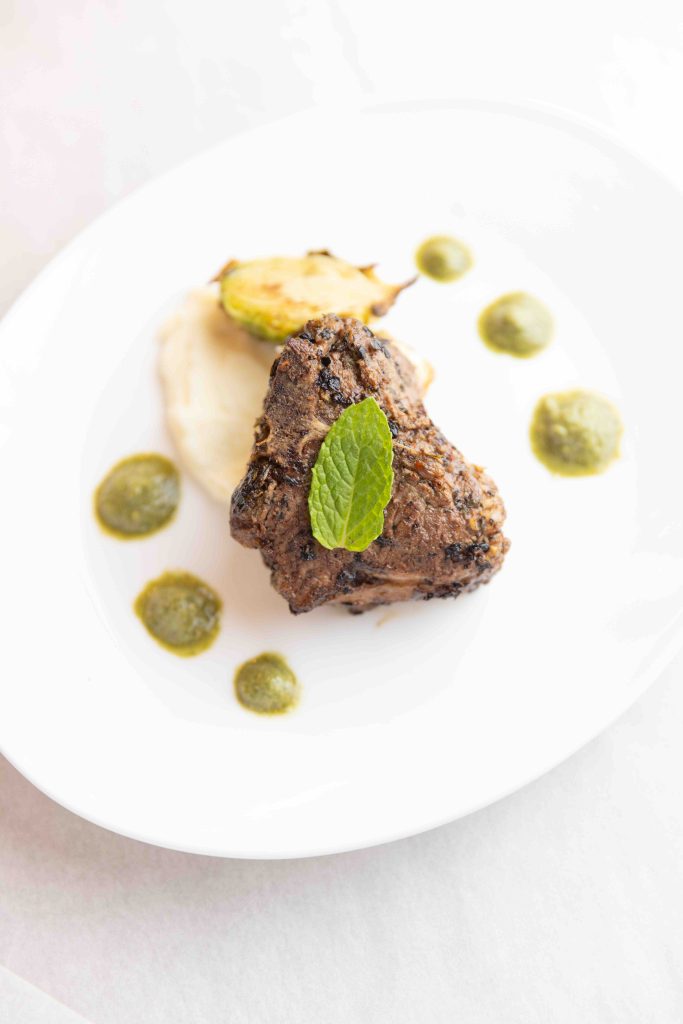Cooking is an essential life skill that benefits everyone, especially teenagers. While learning to cook may seem intimidating at first, it’s a vital skill that promotes independence, health, and creativity. And the best part? With the right techniques and knowledge, cooking can be easy, inexpensive, and even fast! Here’s why it’s so important for teenagers to learn to cook, and how they can start whipping up nutritious, tasty, and affordable meals.
1. Building Healthy Habits Early On
Teenagers are at a crucial stage of growth, both physically and mentally. What they eat plays a significant role in their energy levels, focus, and overall health. By learning to cook, teens gain control over what goes into their bodies, making it easier to learn to cook and to choose nutritious ingredients.
When teens cook their meals, they can:
- Choose fresh, whole foods: Lean proteins, whole grains, and vegetables can be turned into quick, simple dishes that fuel the body and mind.
- Avoid excessive processed foods: Pre-packaged meals are often high in sodium, sugar, and unhealthy fats. Homemade meals help cut down on these harmful ingredients.
- Incorporate a balanced diet: Learning to prepare balanced meals that include proteins, healthy fats, and carbohydrates ensures teens meet their nutritional needs and learn to cook for development and brain health.
2. Developing Life Skills and Independence
One of the greatest gifts cooking gives teens is independence. The ability to prepare a meal from scratch means they won’t have to rely on takeout or processed foods when they leave home. Learning how to plan meals, shop for ingredients, and budget properly equips them with skills they’ll use for the rest of their lives.
Cooking also teaches:
- Time management: Preparing meals efficiently requires organizing ingredients, managing cooking times, and multitasking—all important skills for adulthood.
- Problem-solving: Sometimes recipes don’t go as planned, or ingredients might be missing. Knowing how to improvise and adjust helps teens learn to solve problems on the fly.
- Responsibility: Cooking involves more than just mixing ingredients—there’s planning, preparation, and clean-up involved. Managing each of these steps fosters responsibility.
3. Learning to Cook on a Budget
Eating healthy doesn’t have to break the bank. In fact, cooking at home is one of the most budget-friendly ways to eat well. Fast food or takeout may seem convenient, but it’s often more expensive over time and typically less nutritious. Learning how to make affordable meals empowers teenagers to be smart about their spending.
Key ways teens can cook on a budget:
- Buy in bulk: Staples like rice, pasta, beans, and oats are inexpensive and versatile. They can be the base for a wide range of meals, cutting down costs over time.
- Use seasonal produce: Fruits and vegetables are cheaper when they’re in season, and they’re also fresher. Teens can learn which produce is in season and how to incorporate it into meals.
- Meal prep: Making meals in bulk saves time and money. Leftovers can be repurposed for future meals, reducing food waste.

4. Cooking Fast and Safe
Many teens (and adults) believe that cooking from scratch is time-consuming. However, there are plenty of quick and easy recipes that take less than 30 minutes to prepare. Plus, by learning some time-saving kitchen techniques, cooking can become even more efficient.
Here are some tips for making fast, nutritious meals:
- One-pot meals: These reduce cooking and cleanup time. Dishes like stir-fries, soups, and casseroles can be prepped and cooked quickly while still packing in nutrients.
- Prepping ingredients in advance: Cutting vegetables or marinating meats ahead of time means they’re ready to go when it’s time to cook, cutting down on active preparation time.
- Use basic kitchen tools: A sharp knife, cutting board, and a couple of good pans can make meal prep fast and easy. Teens don’t need a fancy kitchen to create delicious meals.
However, it’s crucial that teens also learn kitchen safety. Teaching them how to handle knives properly, cook with appliances, and avoid burns or cuts is just as important as learning recipes. They should also understand basic food safety principles, like handling raw meat carefully and storing food at the right temperatures to avoid illness.
5. Boosting Confidence and Creativity
Cooking is a creative outlet, allowing teens to experiment with flavors, textures, and ingredients. As they grow more comfortable in the kitchen, they can adjust recipes to suit their tastes, try new techniques, and even create their own dishes. Every meal is a chance to build confidence and express creativity.
The sense of accomplishment that comes from preparing a meal from scratch can also boost a teenager’s self-esteem. Knowing that they can feed themselves and others is an empowering experience, especially as they receive praise for their culinary efforts.
Conclusion: The Power of Cooking for Teens
Learning to cook is about more than just food. It’s about cultivating independence, fostering healthy habits, and acquiring life-long skills. For teenagers, understanding how to prepare nutritious, tasty, and inexpensive meals is a gateway to better health, confidence, and a more budget-conscious future.
Cooking doesn’t have to be complicated or time-consuming. With the right mindset and a little guidance, teens can become proficient in the kitchen, turning healthy ingredients into delicious meals that won’t take all day or break the bank. So, let’s encourage more teenagers to embrace cooking, because the benefits last a lifetime.

Join our mailing list to get the info as soon as it is released by clicking HERE:
